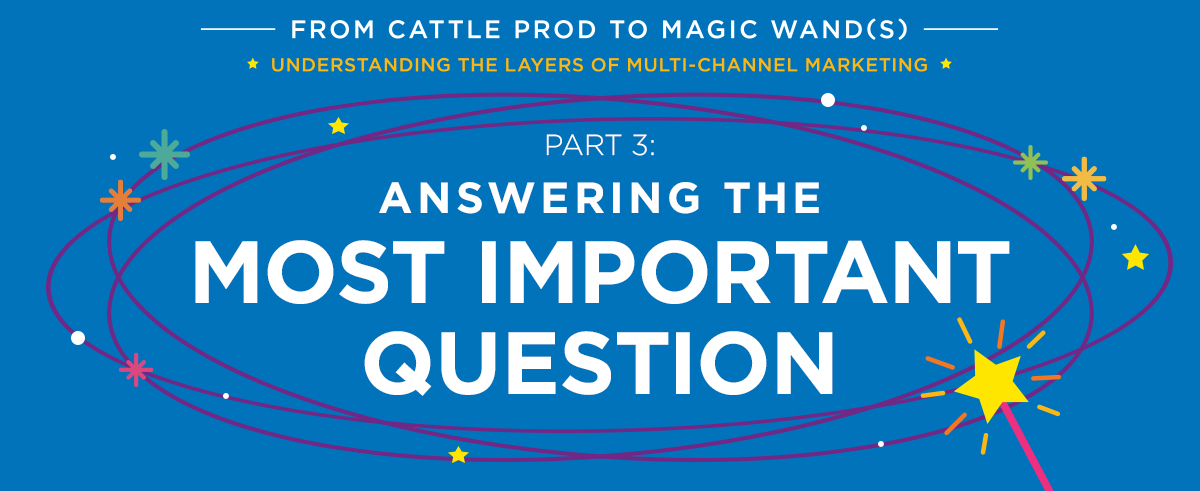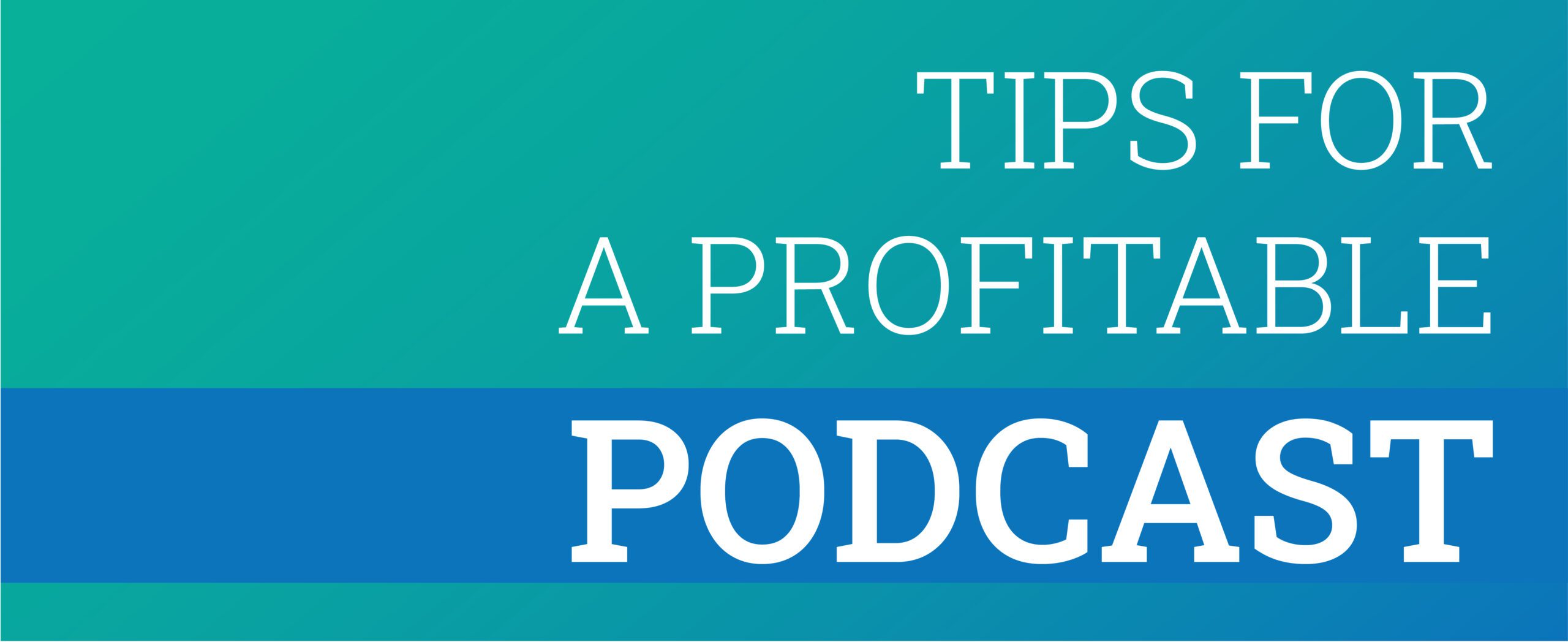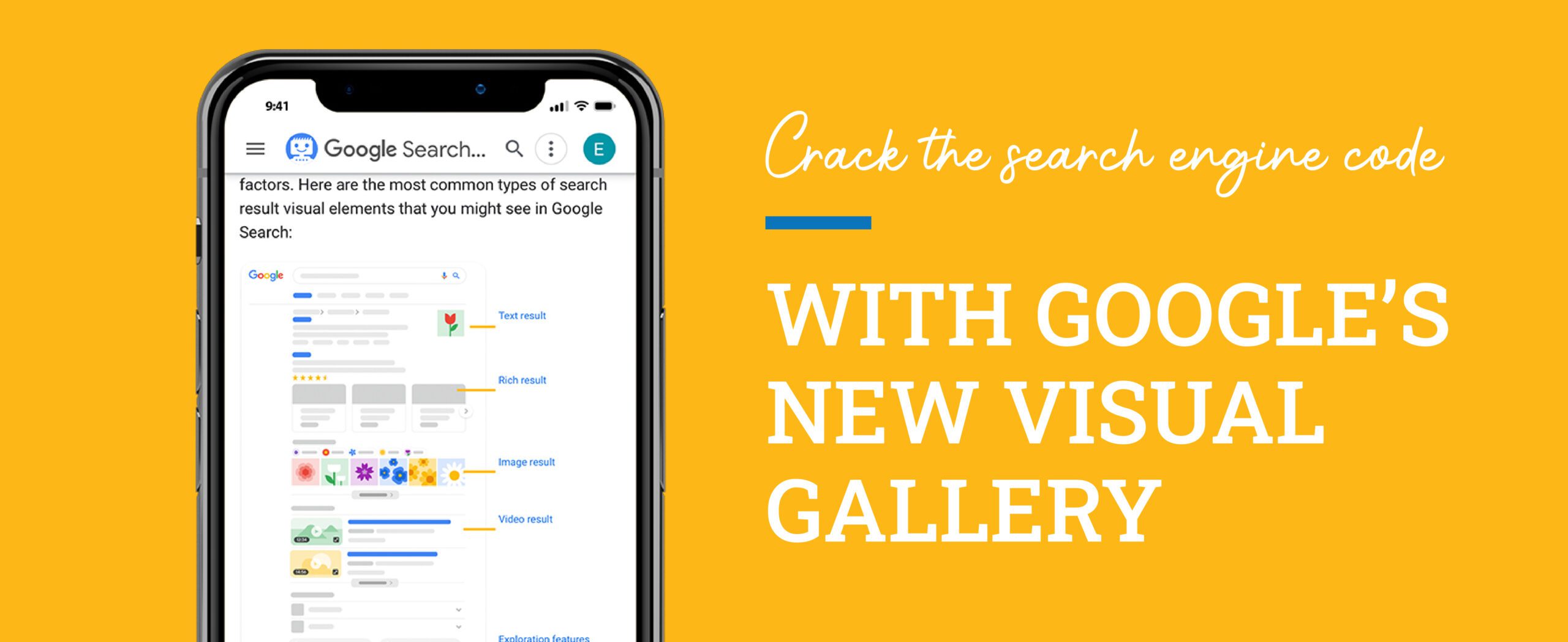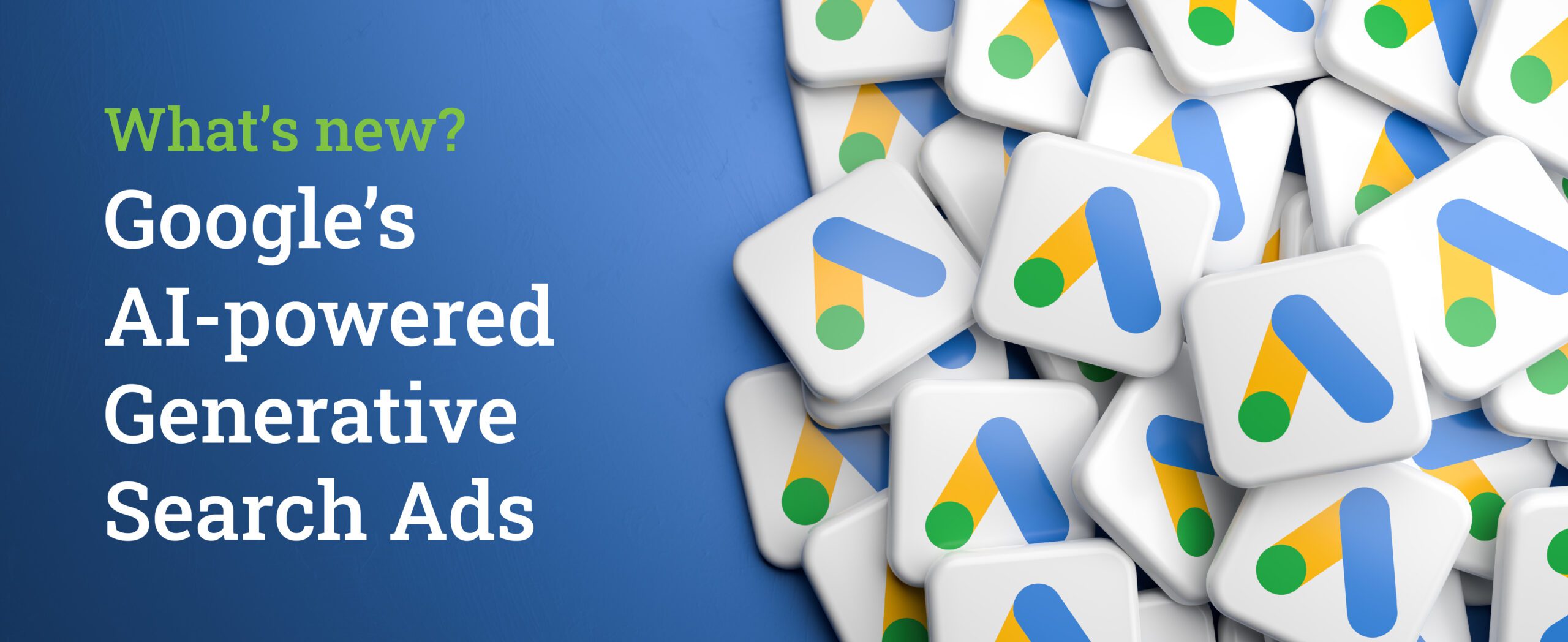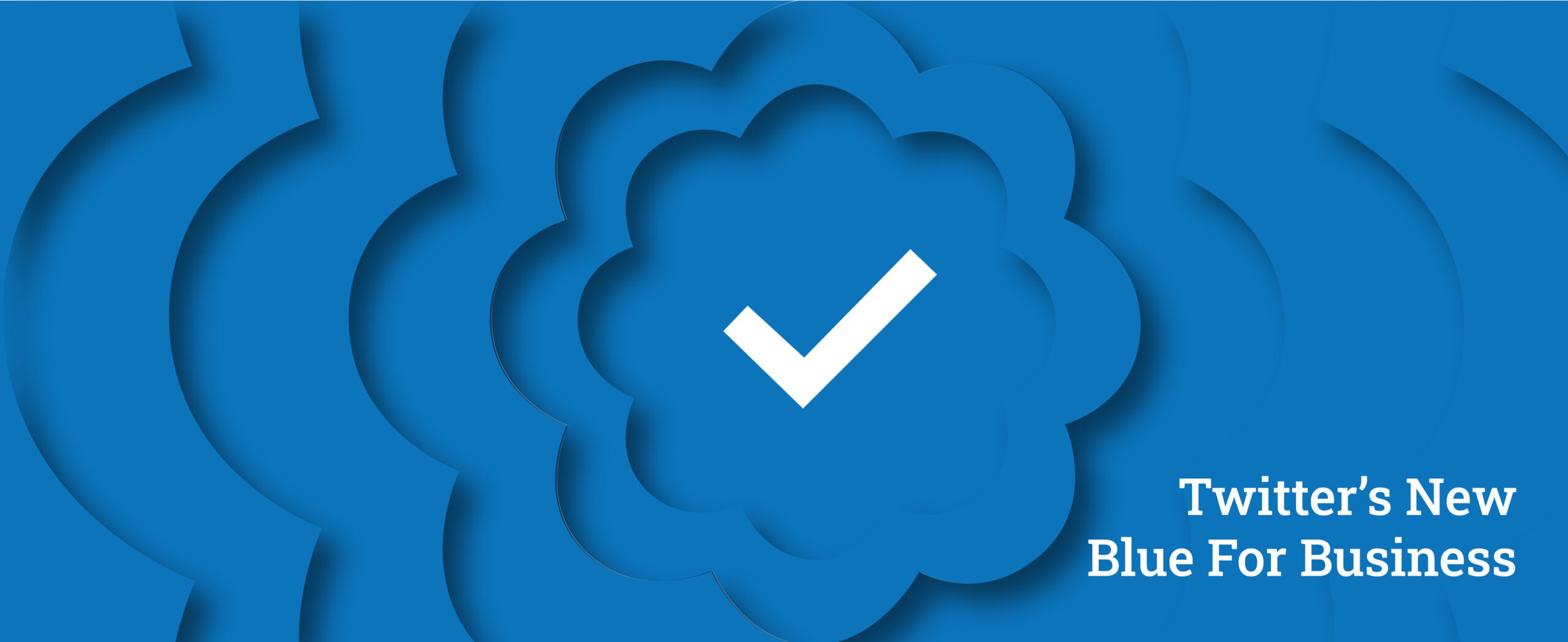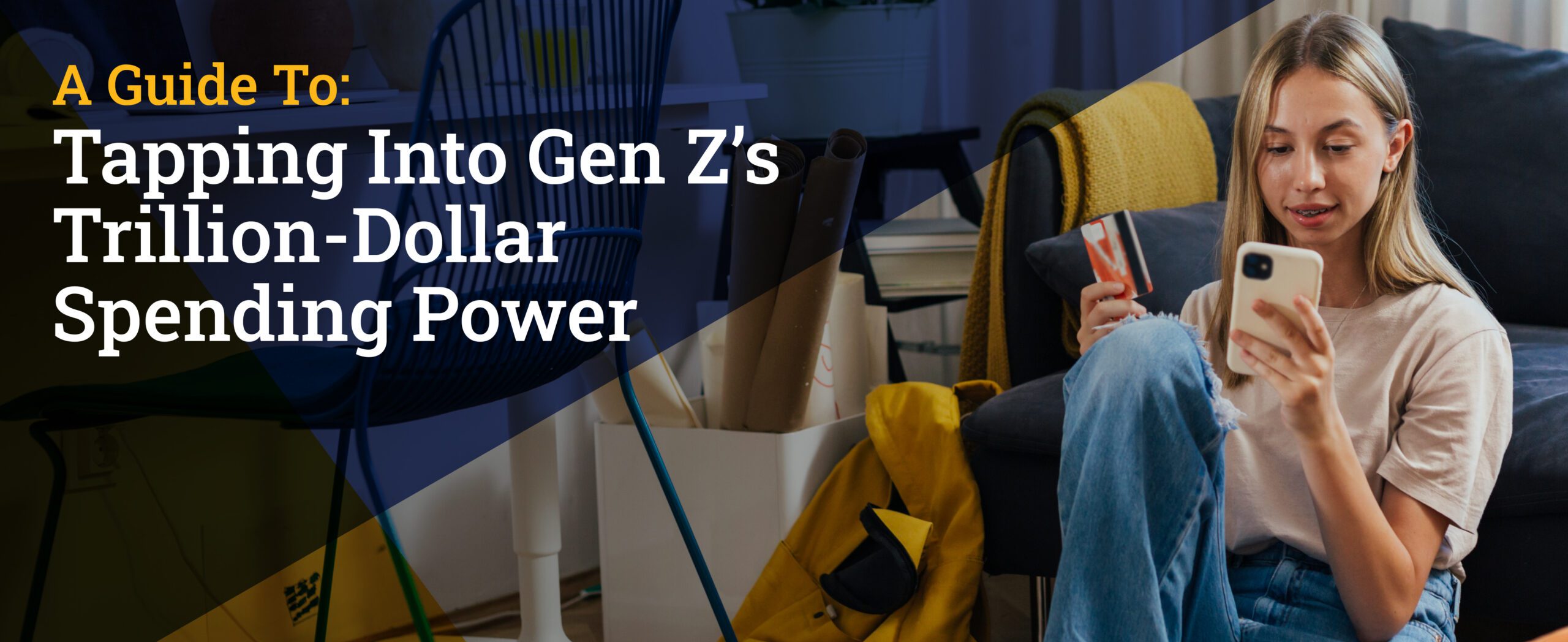This is the last article in a three-part series that breaks down the three critical elements of a successful multichannel marketing campaign. Don’t miss Part 1: The Myth of “The One” and Part 2: The Magic Behind “Compound Interest.”
I may rock a few boats when I say the most critical question you ask your customers is not “How did you hear about us?”
“But, Patsy,” you’ll protest, “how will we know what marketing efforts are working?”
And I’ll tell you the honest-to-goodness truth: that question doesn’t tell you as much as you think.
Here’s why.
These days, it’s rare that a single point of influence or ad copy tips people into your sales funnel all by itself. Wonderful when it happens, absolutely—but for those industries and businesses with a longer lead time, this question doesn’t always generate the most accurate answer.
“How did you hear about us?” is actually pretty vague when you think about it.
Do you want to know…
…how they first heard about you?
…what finally turned their head?
…when they finally decided you were worth their time/email address/money?
And the reality is, most customers don’t know or can’t remember the exact lever that tipped the scales. Most of the time, it’s a matter of timing and circumstance. They had enough “marketing equity” built up that made up their mind long before they had to make a conscious decision (psst. This is that “compound interest” I talked about in the last article).
The truth is, how they heard about you isn’t a question for your customers. It’s a question for your marketing agency. Data leaves a pretty strong trail, and any digital marketer worth her salt can figure that out for you.
What the data won’t tell you is why.
The questions we love our clients to ask their prospects is, “Why now?” or “Why us?”
Sometimes you’ll get answers like a specific blog that struck a nerve, an offer that hit a sweet spot, or a sticky tagline that rang through like a message from the Universe.
But most of the time, you’ll get responses that are almost always more valuable—because they’ll either reflect the messaging you’re using (win!) or give you even deeper insight into how you benefit—and keep benefiting—the people you serve (also a win!).
“My car finally died, and you were the first place that came to mind for a new one.”
“I’ve been saving up for a new kitchen for years, and your reputation is fantastic.”
“I feel like you really understand what I need out of an accountant.”
And bonus—the better they can articulate why they want to work with you, the more likely they are already sold.
As we wrap up this series, if you only remember one thing from what I’ve shared with you, remember that every channel serves as a spoke from a central message. They all work together to form a full picture of what the client can expect when you work together.
I like to think of it as a long-term, multi-faceted trust exercise. Every post, blog, email, phone call, and contract should feel like it came from the same place, with the same (if eventual) goal—to make contact and another raving fan.
Find out if your Facebook page is working here
And that’s why—of all channels you are marketing on—the real-life, in-person one is the most important of all. A great multi-channel marketing strategy (and team!) can bring you all the qualified contacts in the world, but if you can’t deliver what you promise, no amount of ad spend will save you.
If you want more customers and raving fans (and I know you do), your multi-channel marketing strategy doesn’t end with a fantastic customer experience. It starts there. Because the easiest thing to market is a business that knows what it’s doing.
Ready to put MediaSpark to work? Find out if we’re a fit here.
